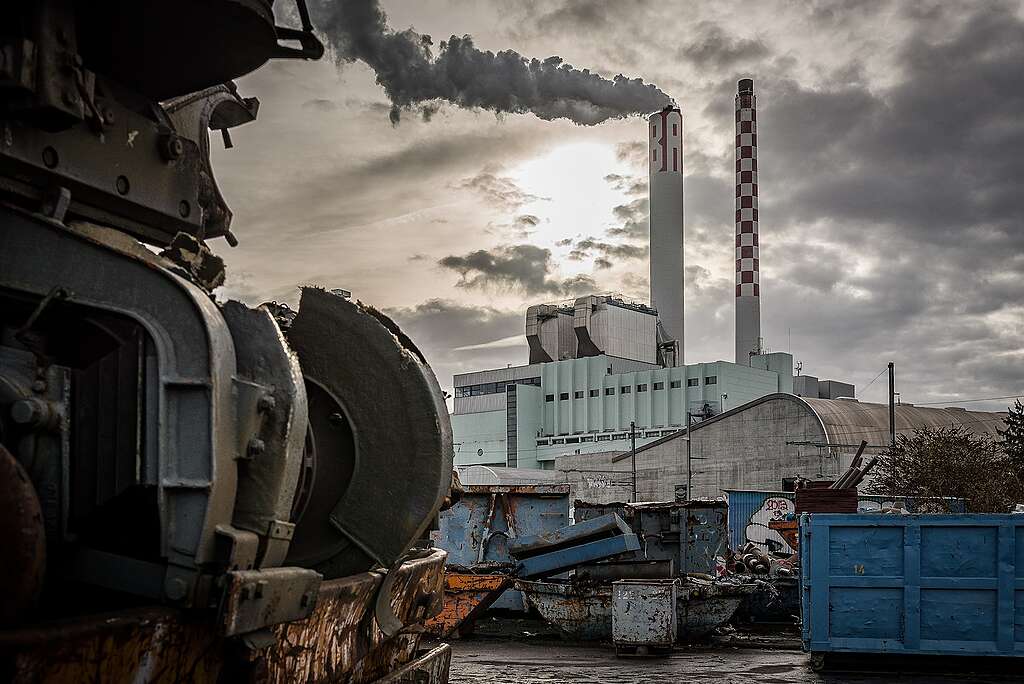Greenpeace Aotearoa is warning that Kaipara District Council’s decision to investigate waste to energy options could lock them into a disastrous deal that will be costly to ratepayers and have negative impacts on people’s health and the climate.
Kaipara District Council elected members supported a Notice of Motion at yesterday’s Council meeting. Staff will now start investigating preliminary options for a modern solution for rubbish and waste disposal in the future.
Greenpeace Aotearoa plastics campaigner Juressa Lee says waste to energy poses serious threats to public health and the environment, saying councils should be supporting waste minimisation and moving toward a circular economy.
“Deputy Mayor Larsen wants a modern solution to rubbish and waste disposal but the only real solution is to make less of it. We don’t need to go searching for techno fixes. We need to shift from throwaway and single-use culture, and start supporting systems of refill, reuse and repair.”
“We’re in a plastic pollution crisis and it is time to turn the tap off. Putting faith in false solutions risks leaving that tap on and fueling both the plastic pollution crisis and the climate crisis,” Lee says.
“Deputy Mayor Larsen says he does not want a legacy of landfills and leachates but the legacy of incineration around the globe is no less bleak. Similar plants elsewhere have been shown to be more polluting than coal, emitting dioxins, mercury, lead, nitrogen oxide and more.”
Lee says carbon emissions would be created from burning rubbish and from the fuel required for incineration, adding on top of all the pollution issues, the entire waste to energy incineration concept undermines efforts to reduce waste in Aotearoa by incentivising waste production.
“Just a few years ago, local communities were concerned that Dome Valley would become a landfill. Local governments have been in possession of expert advice from zero waste advocates so it’s disappointing to see they are considering a false solution that many other countries are walking away from.
“We need those who are in positions of power and decision-making, to act responsibly, supporting a circular economy for the health of the people and the planet and our future generations.”

Waste to energy plants burn rubbish for electricity, but release dangerous chemicals and emit carbon dioxide into the atmosphere.
TAKE ACTION



